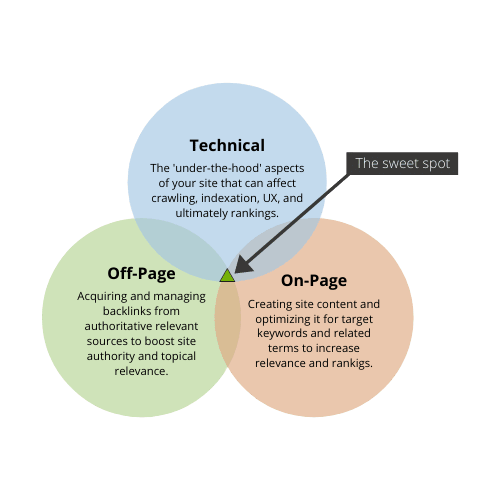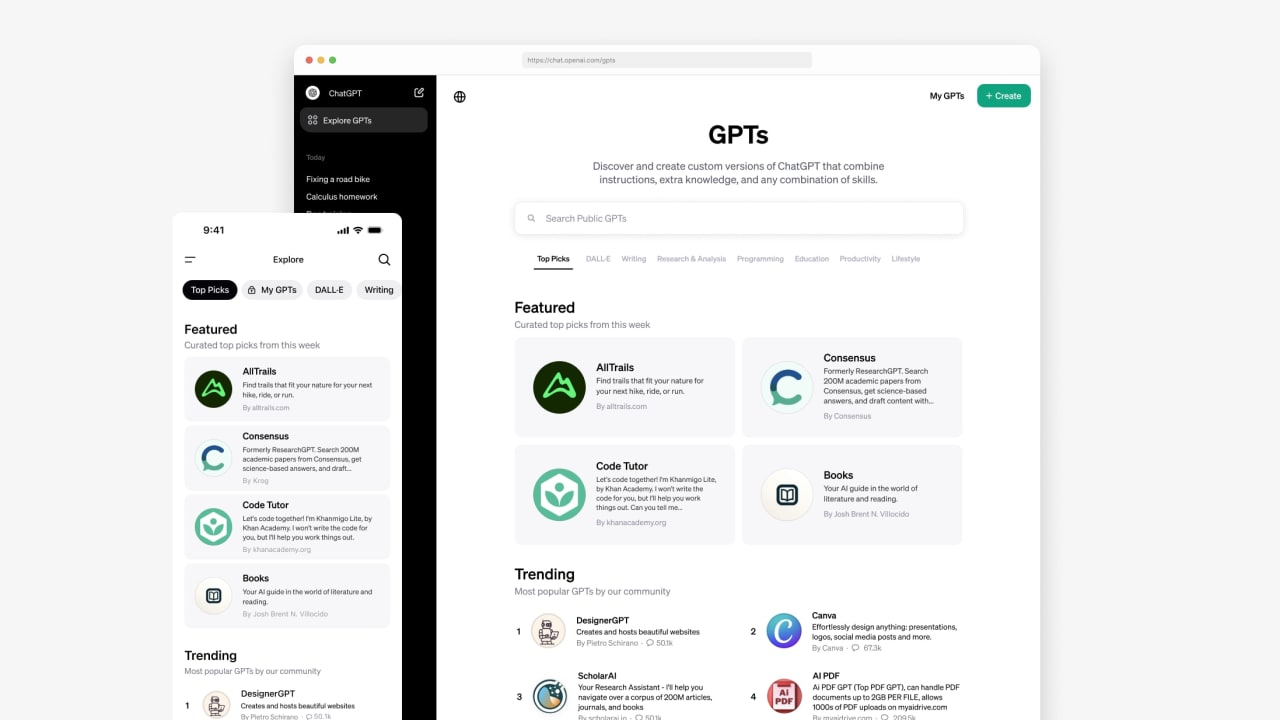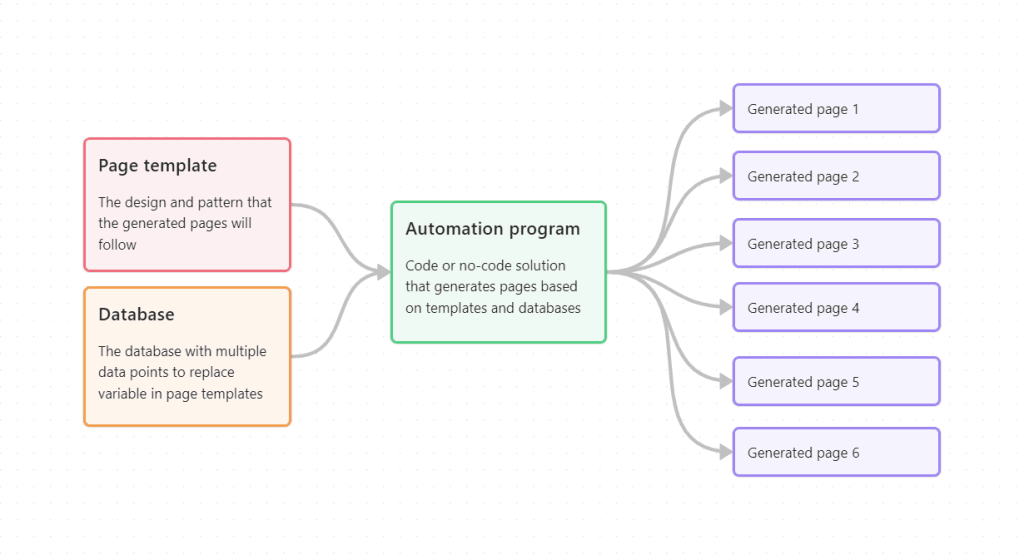Best Keywords for Real Estate SEO website

Introduction to the Best Keywords for Real Estate SEO Website
In the competitive world of real estate, having a robust online presence is crucial, and at the heart of this strategy lies the best keywords for real estate SEO websites. These keywords are specific terms and phrases that potential buyers and sellers use when searching for real estate properties or services. Selecting the right keywords not only increases your website's visibility in search engines but also enhances your ability to connect with your target audience effectively.
The importance of choosing the best keywords cannot be overstated. Search engines like Google utilize keywords to determine the relevance of your content to user queries. By strategically incorporating relevant keywords into your site's content, you can attract more visitors, increase engagement, and ultimately drive conversions. This comprehensive guide will delve into the various aspects of optimizing your real estate website with effective keywords, including types of keywords, research techniques, best practices, and tools for measuring success. Stay tuned to discover how to elevate your real estate SEO strategy with the right keyword choices.
Understanding the Importance of Keywords in Real Estate SEO
In the realm of digital marketing, best keywords for real estate SEO websites serve as the backbone for attracting organic traffic. Choosing the right keywords isn’t just about high search volume; it significantly impacts your search engine rankings. When aligned with the specific needs and queries of potential clients, keywords become powerful tools for improving your site's visibility and ranking on search engine results pages (SERPs). This means that effectively utilizing real estate SEO keywords can lead to more leads, conversions, and ultimately, sales.
Moreover, understanding user intent is pivotal in real estate SEO. Each keyword represents a different stage in a user’s journey. For example, someone searching for “buy a house in [City]” has a different intent than someone looking for “real estate tips.” Knowing these nuances allows you to tailor your content to meet the expectations and needs of your audience. By targeting the right keywords, you can drive targeted traffic that is more likely to convert.
Utilizing effective keywords not only enhances visibility but also ensures that your content connects with the appropriate audience. This connection is crucial for establishing trust and authority in the industry. As you gather insights from related keywords such as keywords for real estate agents, local real estate SEO keywords, and long-tail keywords for real estate, integrating these into your strategy can significantly improve your online presence. Ultimately, a robust keyword strategy lays the groundwork for successful digital marketing campaigns in the competitive real estate market.
Types of Best Keywords for Real Estate SEO Website
Understanding the types of keywords that are most effective for your real estate SEO strategy is crucial for attracting the right audience and improving your search engine rankings. Here are the key types of best keywords for real estate SEO websites:
Long-tail Keywords for Real Estate
Long-tail keywords are longer and more specific keyword phrases that typically have lower search volume but higher conversion rates. These keywords are essential for targeting niche markets and attracting potential buyers who have a clear idea of what they're looking for. For example, instead of targeting a broad keyword like "homes," a long-tail keyword could be "three-bedroom homes with a backyard in [City]." Utilizing long-tail keywords allows real estate agents to better connect with users whose search intent matches their offerings, ultimately leading to higher engagement and conversions.
Local SEO Keywords for Real Estate
Local SEO keywords are critical for real estate websites focusing on a particular geographic area. These keywords help businesses rank in local search results and target potential clients in specific regions. Examples of local SEO keywords include “homes for sale in [City],” or “best real estate agents in [Neighborhood].” By optimizing your content with these local keywords, you enhance your visibility to buyers who are actively seeking properties in your area, thus positioning yourself as a go-to source within your community.
Incorporating both long-tail and local SEO keywords into your overall strategy is key to increasing your online presence and driving targeted traffic to your real estate website.
How to Research the Best Keywords for Real Estate SEO Website
Researching the best keywords for real estate SEO websites is a pivotal step in establishing a successful online presence. Here’s a systematic approach to identifying effective keywords that can enhance your visibility and attract the right audience.
Outline Methods for Keyword Research
Brainstorm Seed Keywords: Start by listing out potential seed keywords related to your niche in real estate. Consider terms like “homes for sale,” “real estate listings,” and “property valuation.” This foundational step can spark additional keyword ideas.
Utilize Keyword Research Tools: Leverage tools designed for keyword analysis. Platforms like Google Keyword Planner, SEMrush, and Ahrefs can help you discover search volume, competition, and related keywords. For example, using these tools can reveal high-traffic real estate SEO keywords that you might have overlooked.
Analyze Competitor Keywords: Investigate your competitors’ websites to understand which keywords they rank for. Tools like SpyFu and Moz can show you the keywords driving traffic to similar real estate websites. By identifying their keywords for real estate agents, you can capture a competitive advantage.
Recommend Tools and Resources
Google Trends: This tool helps identify current keyword trends and seasonal interests in the real estate market. Use it to understand better which local real estate SEO keywords are gaining traction in your target area.
Ubersuggest: A robust keyword suggestion tool that provides valuable insights into keyword volume, competition, and content ideas related to best SEO practices for real estate.
Answer the Public: This tool illustrates the questions and phrases users often search alongside your keywords. It's particularly useful for uncovering long-tail keywords for real estate that can lead to high conversion rates.
Highlight Competitor Analysis as a Strategy for Effective Keyword Discovery
Competitor analysis plays a crucial role in keyword research. By examining the keywords that successful competitors in your area are targeting, you can uncover gaps in their strategies. Are there high-value real estate website optimization opportunities that they’re missing?
Identify the top-performing content on competitor sites and analyze the keywords they target. This insight can lead you to opportunities to develop unique content that resonates with potential clients while incorporating your own targeted SEO strategies for real estate.
With a thorough method of researching keywords, you can create a targeted strategy that boosts your real estate website’s visibility and effectiveness.
Best Practices for Using Keywords in Real Estate SEO
Using keywords effectively is essential for maximizing visibility and search engine rankings in the competitive real estate market. Here are some best practices to consider for harnessing the power of best keywords for real estate SEO websites.
Keyword Placement
Strategically placing keywords throughout your content is crucial for enhancing its relevance to search engines. Start with the title tag, where the primary keyword, best keywords for real estate SEO website, should be included. Additionally, use keywords in your headings and subheadings to create a clear content hierarchy that search engines can easily navigate. In the body of your content, naturally incorporate relevant keywords such as real estate SEO keywords and local real estate SEO keywords. Remember to place keywords early in the content to signal their importance right away.
Maintaining Keyword Density
Maintaining an optimal keyword density is vital for both SEO and user experience. Ideal keyword density typically falls between 1-2% of the total word count. This means for a 1,500-word article, your primary keyword should appear 15 to 30 times, with variations sprinkled throughout the content. However, avoid keyword stuffing, which can harm readability and result in penalties from search engines. Focus on using long-tail keywords for real estate and synonyms that enhance the text's relevance while still sounding natural. Always prioritize writing engaging, informative content that addresses user intent above all.
By following these best practices for keyword usage, you can improve your content's visibility, driving more organic traffic to your real estate website and optimizing your overall real estate website optimization strategy.
The Impact of Content Quality on Keyword Effectiveness
High-quality content plays a pivotal role in enhancing the effectiveness of real estate website optimization. When your website offers valuable, informative, and engaging content, it not only attracts visitors but also encourages them to stay longer, interact more, and return in the future. Good content cultivates trust and authority, factors that are crucial for achieving higher rankings in search engine results.
The relationship between content quality and keyword effectiveness can be seen in how users engage with your site. Engaging content that resonates with the needs and interests of your audience naturally leads to lower bounce rates and higher dwell times. When users find what they are looking for, they are more likely to click on additional links, share your content, and return for more, all of which signals to search engines that your site is a valuable resource.
Moreover, when you integrate real estate SEO keywords effectively into high-quality content, it reinforces your site's relevance for those keywords. It’s essential to combine strategic keyword usage with content that is enlightening, entertaining, and useful. This synergy not only helps in improving your visibility but also establishes a positive user experience, ultimately driving success in leveraging the best keywords for real estate SEO websites. In conclusion, prioritizing content quality is an investment that significantly amplifies the impact of your keyword strategy, making it a cornerstone of effective SEO practices.
Measuring Success: Tools for Tracking Keyword Performance
Tracking the performance of the best keywords for real estate SEO websites is crucial for understanding the effectiveness of your SEO strategy and refining it over time. Various tools enable you to monitor keyword rankings, traffic, and engagement metrics, allowing you to make informed decisions about your content and keyword usage.
One of the top tools for keyword tracking is Google Analytics. This platform provides insights into how users interact with your site and which keywords are driving traffic. You can analyze metrics such as organic search traffic, bounce rates, and session duration to assess the success of your targeted real estate SEO keywords.
Another valuable tool is SEMrush, which not only tracks keyword performance but also offers insights into competitors’ strategies. With SEMrush, you can view keyword rankings, search volumes, and trends, helping you identify opportunities for optimization. This is especially useful for finding keywords for real estate agents that your competition may be leveraging.
Ahrefs is another powerful tool that helps track keyword rankings, backlinks, and overall site performance. Its keyword explorer feature allows you to analyze the performance of specific keywords, assess their difficulty level, and discover related long-tail keywords, enhancing your overall SEO strategies for real estate.
In addition, tools like Moz and Rank Tracker can aid your efforts by providing keyword tracking and competitive analysis. They enable you to evaluate your rankings over time and adjust your keyword strategy accordingly.
Investing time in understanding these tools and their analytics capabilities is essential for fine-tuning your keyword approach. Monitoring your keyword performance regularly will equip you with the insights needed to optimize your website further, ensuring you are implementing the best SEO practices for real estate effectively.
By analyzing data from these tracking tools, you can refine your keyword strategy and enhance your real estate website optimization, ultimately leading to improved search visibility and increased organic traffic.
Conclusion: Maximizing Real Estate SEO with the Best Keywords
To truly harness the power of best keywords for real estate SEO websites, it's essential to understand their strategic significance in driving targeted traffic and improving search engine rankings. Throughout this guide, we've established that selecting the right real estate SEO keywords is not just about higher visibility; it's about connecting with potential clients who are actively searching for properties or services you offer.
Implementing a diverse range of keyword types, such as long-tail keywords for real estate and local real estate SEO keywords, can significantly enhance your online presence. By using effective methods for research, including competitor analysis and leveraging powerful tools, you’ll be well-equipped to uncover the optimal keywords for your needs as a real estate agent.
Best practices for keyword placement and maintaining optimal keyword density are crucial for effective real estate website optimization. Additionally, never underestimate the impact that high-quality content has on the effectiveness of your keywords. Engaging and informative content not only attracts visitors but also encourages them to stay, improving your overall rankings.
Lastly, measuring success through analytical tools allows you to refine your strategies continuously. By monitoring the performance of your chosen keywords, you can adapt to market changes and maintain an edge over competitors. Therefore, ongoing keyword research and optimization are essential aspects of any successful real estate SEO strategy.
In conclusion, embrace the art of keyword mastery to maximize your real estate SEO efforts. With the right approach, you can elevate your online visibility, attract more quality leads, and ultimately drive conversions—turning your real estate business into a significant player in your market.
Related Resources
How to do keyword research for Programmatic SEO?

Building a Programmatic SEO Directory for ChatGPT Plugins (GPT's)
Launch your Software Platform and generate SEO traffic to increase your MRR and subscriptions

Top 10 Programmatic SEO Agencies of 2024
Have a look at the best-in-class of SEO Agencies offering Programmatic SEO.

© 2026 – Programmatic SEO Builder